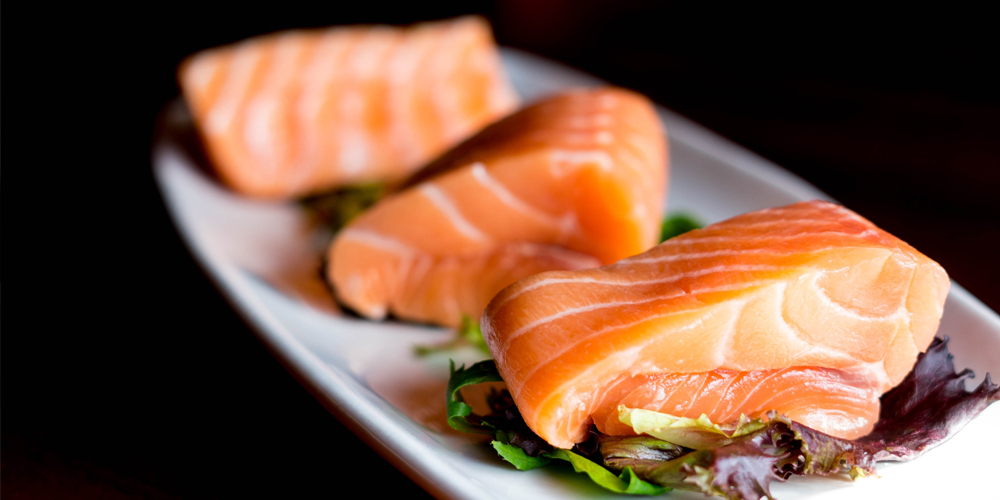- Speak to a licensed sales agent!
- (800) 521-7873
Why the High Fat Keto Diet Is Headed To Fad Diet Failure

How many friends and relatives do you know that are ‘Keto diet-obsessed’? That is Keto as in the Ketogenic diet that has taken the country by storm. You know, the carnivores chowing down on bacon and burgers (no bread please) while you nibble your lunch-sized kale salad (dressing on the side please). Well, don’t fret my fellow Keto-envious friends; judgment day will come for these trend-setting carbo-phobes who are flaunting their shrinking waistlines after bragging about feasting on a rib eye steak dinner!
What is Keto Diet?
In case you’re living under a rock and haven’t heard about the Keto diet let me lay it out for you in this rather clear explanation recently published by registered dietitian Courtney Ferreira, MS, RD, LDN, on the biochemical basis of ketosis and its physiological role in weight loss:
Ketosis is the state of the body when the carbohydrate intake of a diet is low enough, and the protein intake moderate enough such that the body burns fat for energy to produce ketones that circulate in the bloodstream for energy use. This is meant to mimic fasting. The body feels it is in starvation because there is not enough glucose, it’s preferred energy source, and so it produces ketones in the setting of reduced blood glucose by breaking down fatty acids in the liver. These ketones serve as an alternate energy source.
When the body is first deprived of carbohydrates, usually felt at around 50 grams per day or less, the body starts with gluconeogenesis, which is the body using stored glucose (glycogen) from the liver and muscles for energy. When the stored glucose can no longer keep up with energy demands, which will happen because there’s limited storage of glucose, the body turns to use ketone bodies for energy. For this process of fat breakdown to ‘work,’ the protein content must be kept low enough to prevent gluconeogenesis. So, just because you are eating a low carbohydrate diet, does not mean you are in ketosis.
Sound familiar? Yes, the concept of high fat, low-carb dieting was first introduced in 1972 with Dr. Robert Atkins’ Diet Revolution book. This trailblazing cardiologist had a huge following of believers who lost tons of weight following his strict regimen.
Ever Heard Paleo Diet?
Other similar programs, albeit more user-friendly— such as the Paleo diet, have since followed. Paleo devotees follow strict non-dairy meals that are high in lean protein, vegetables, and no refined oils. In other words, they consume what our ancestral cave dwellers would have eaten.
The same with the 10-year old South Beach Diet developed by another cardiologist Arthur Agatston who believed a diet rich in low-glycemic-index carbohydrates, lean proteins, and unsaturated fats was the ticket to weight and fat loss, as well as a sustainable path to heart health. Reasonable approaches such as these may indeed be more durable.
Is Eliminating Carbs Good for Your Health?
Yes, there are good reasons to cut back on all the high-carb, flour products—bread, pasta, cakes— that we consume in this country… which is why we’re the fattest nation on the planet. And research points to the health benefits of a low carbohydrate diet to control diabetes, metabolic diseases, improving blood pressure, and of course weight management.
But,
Eliminating carbs altogether on a long-term basis is just not sustainable for a healthy lifestyle. And remember that the scientific explanation of what it means to reach Ketosis is not the same as following a healthy low carb plan. It’s a complicated physiological process not easily achieved, or more importantly maintained, by most people.
It’s not something to be taken lightly when every yoga posing, Pilates-reforming Millennial in the country is jumping on the Keto diet to fit into a new pair of skinny jeans.
Yes, many people who are on Keto diet will likely drop pounds quickly at first, but it won’t last long because the human anatomy needs fat to survive. Of course, we’d all love to lose some weight and put on lean muscle mass, but I’m sorry to say, it’s not a quick fix.
What is the Secret to Maintaining a Healthy Weight?
I tell people my secret to maintaining a healthy weight is following the “Double P”— Protein and Pilates. That’s what works for me. It could work for you too, or another healthy combo of exercise and balanced nutrition. So, while I’d like to tell you that Keto diet is king…. Unfortunately, just like most other fad diets, it’s just not going to hold up to scientific muster and provide the lifelong weight management results you hoped for.
Here is the food guide pyramid dietitians recommend these days for your reference guide. Happy Eating!

